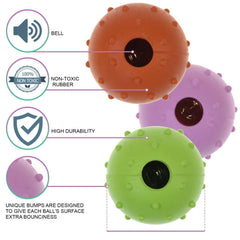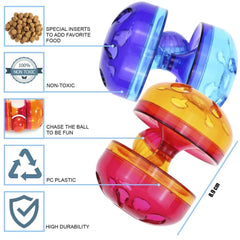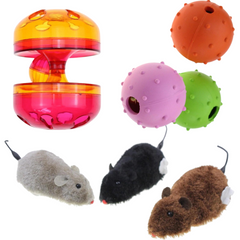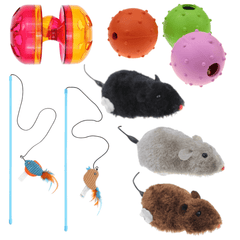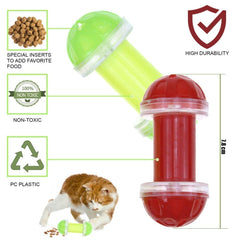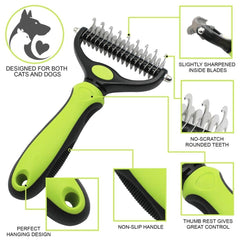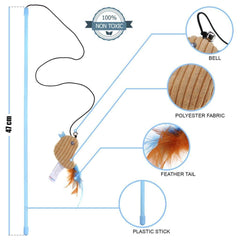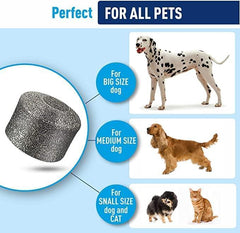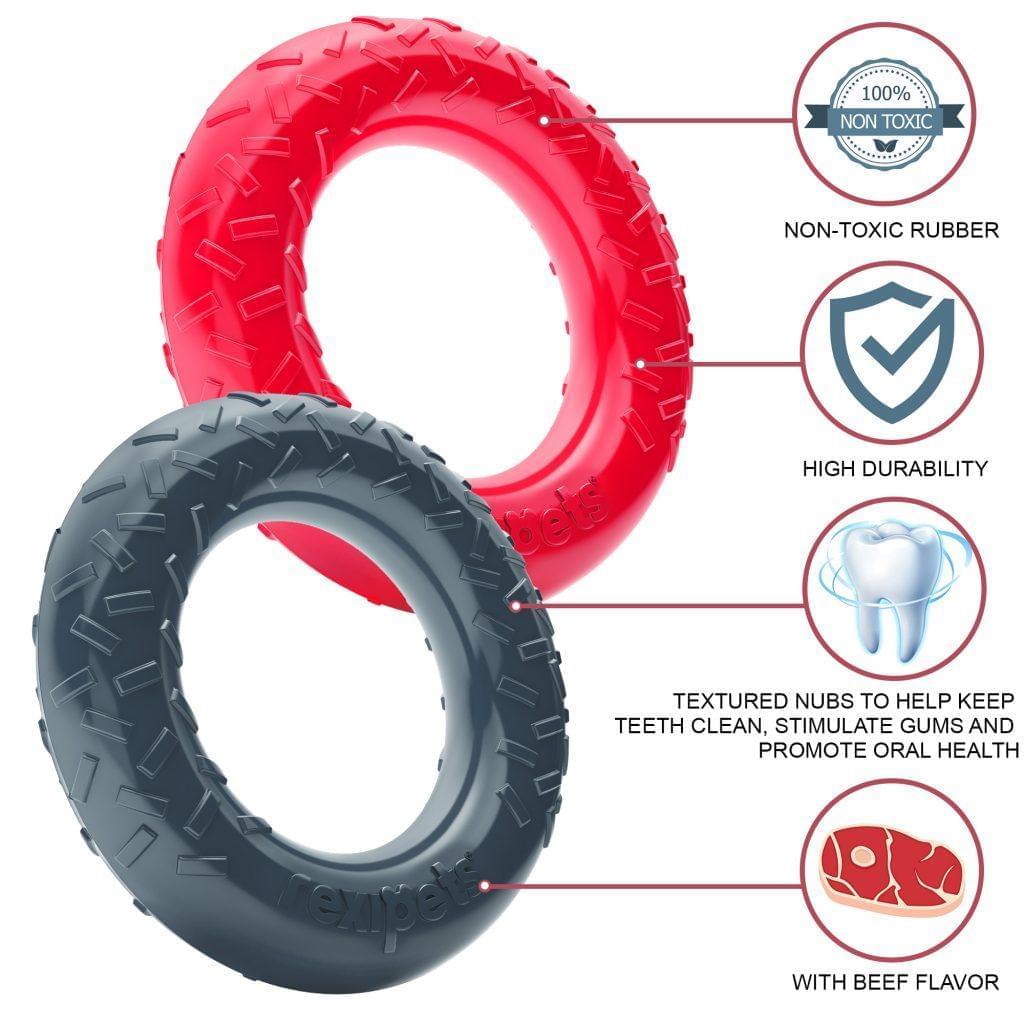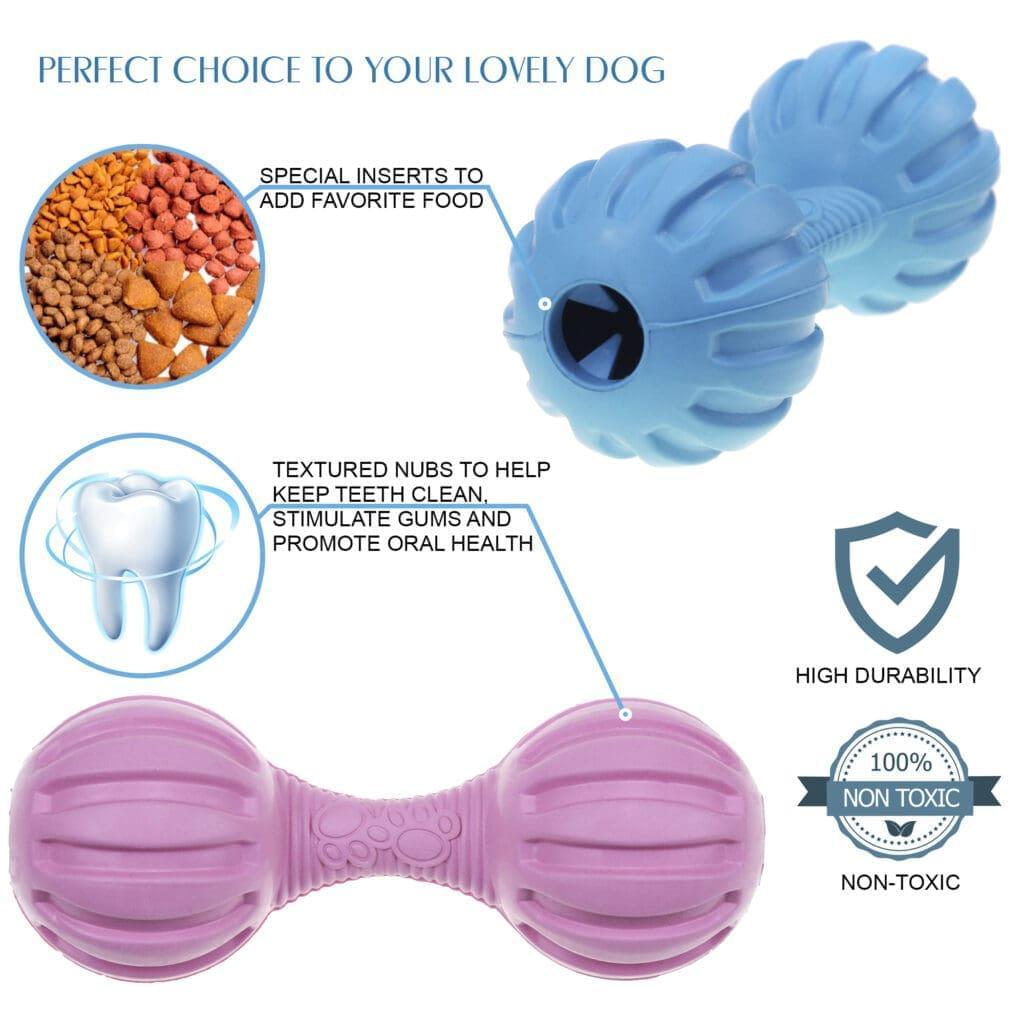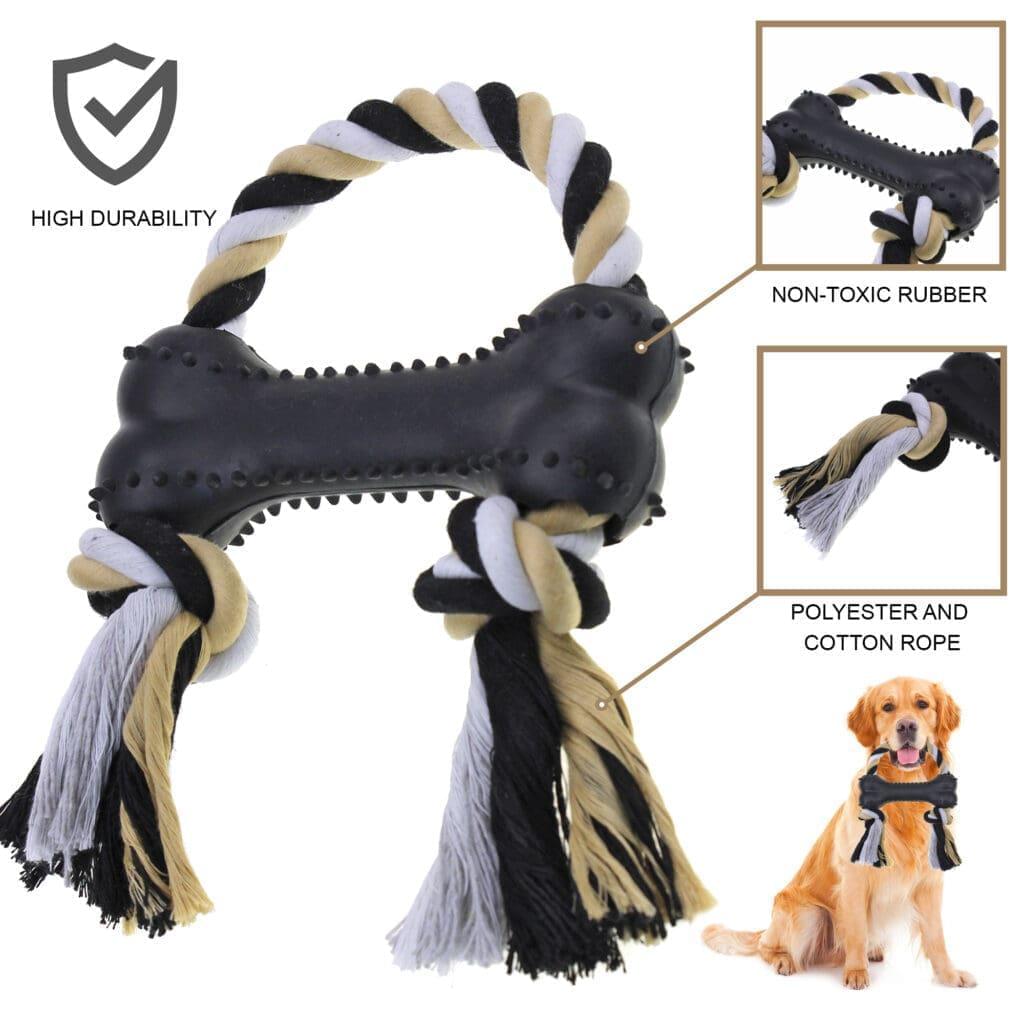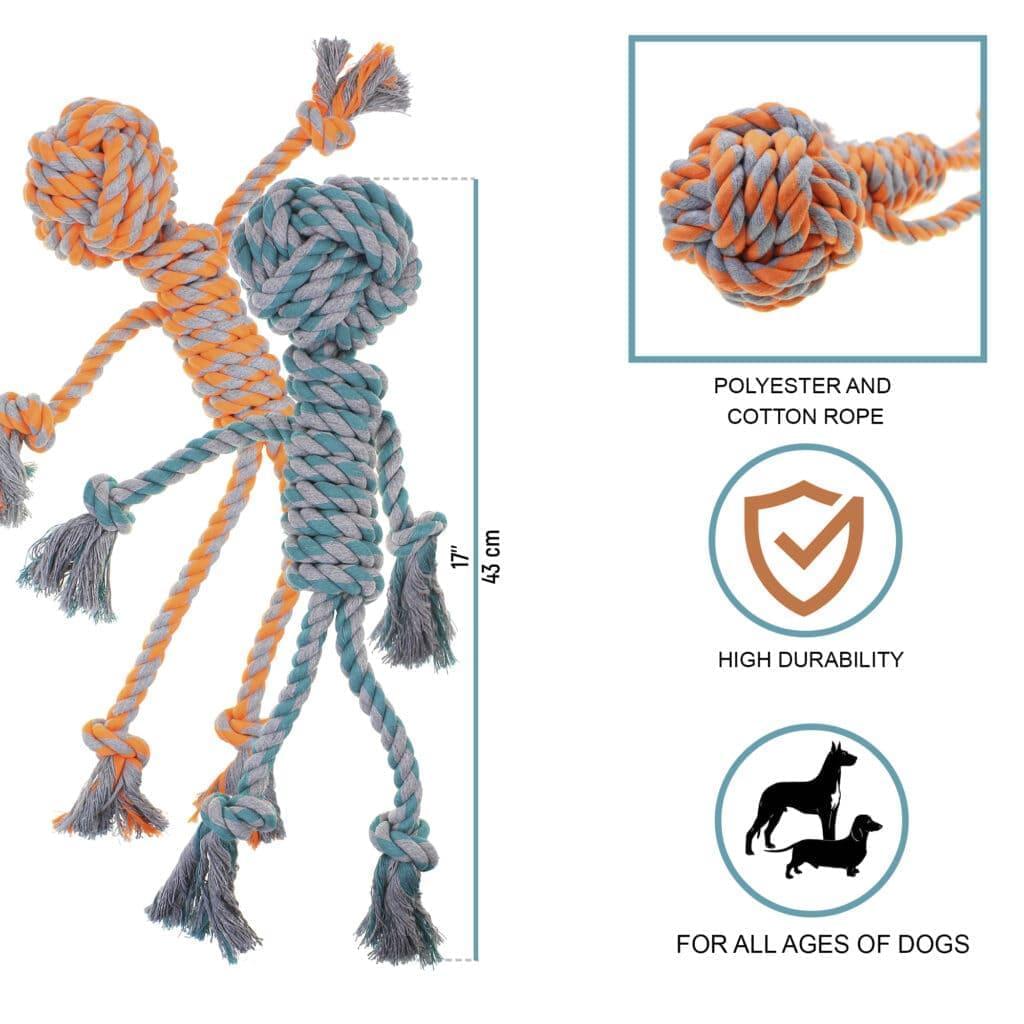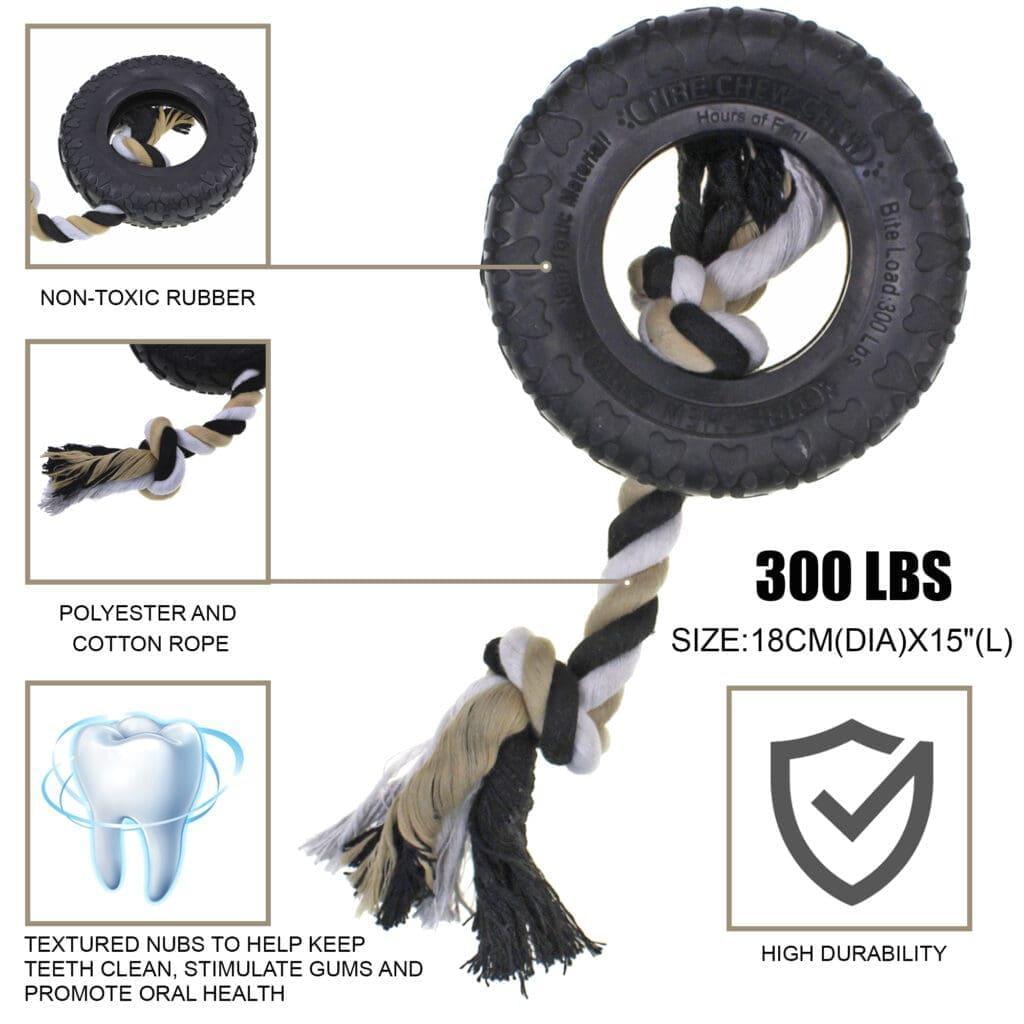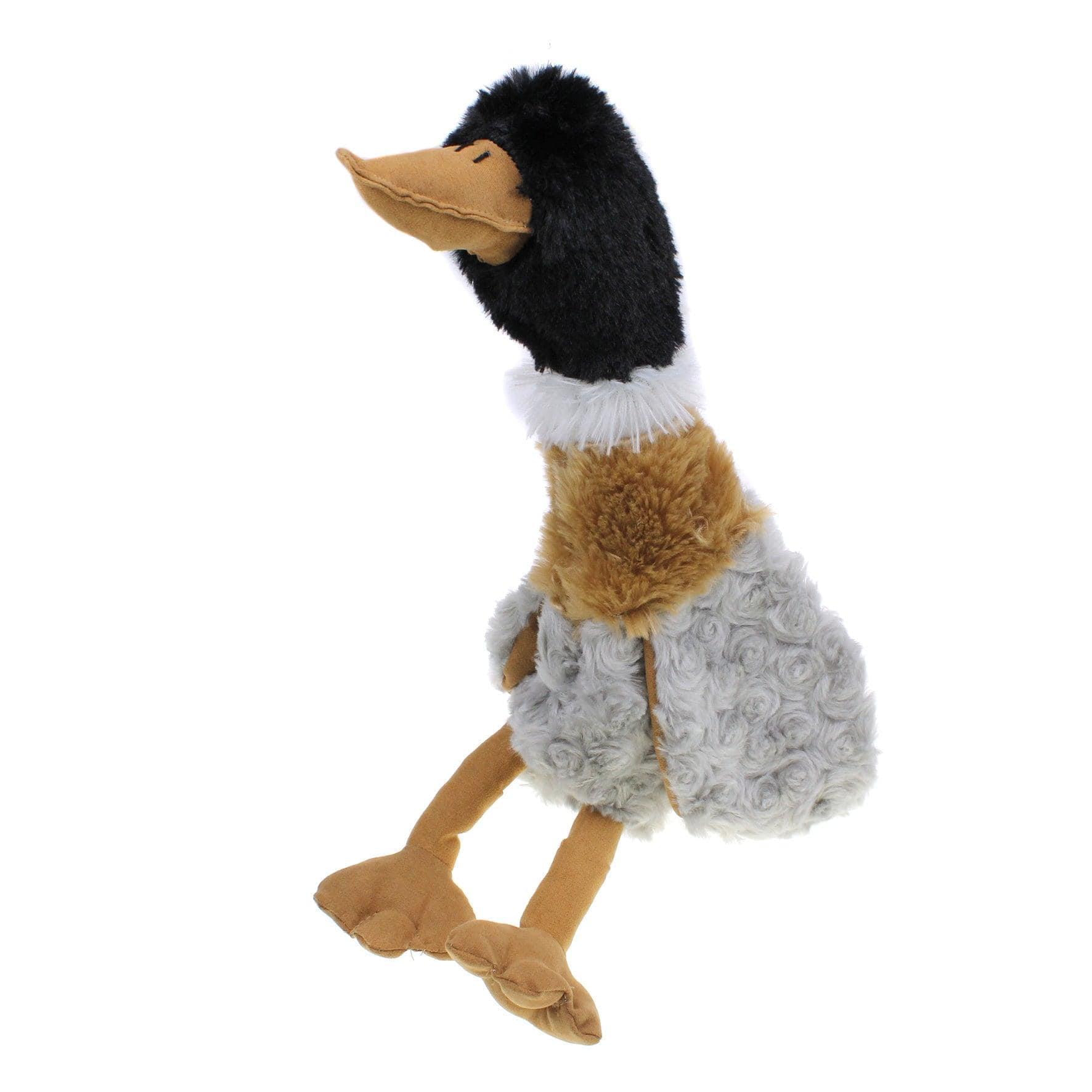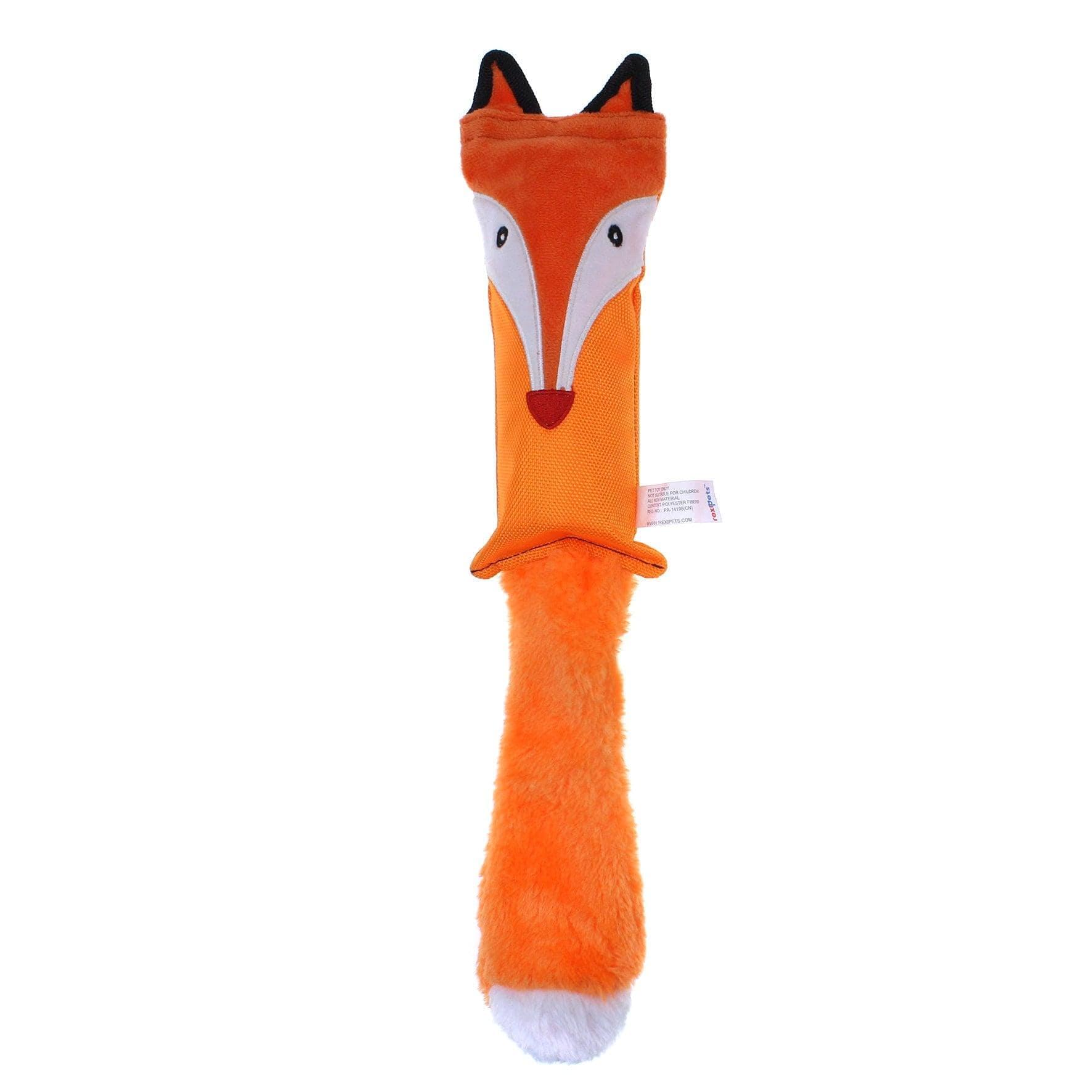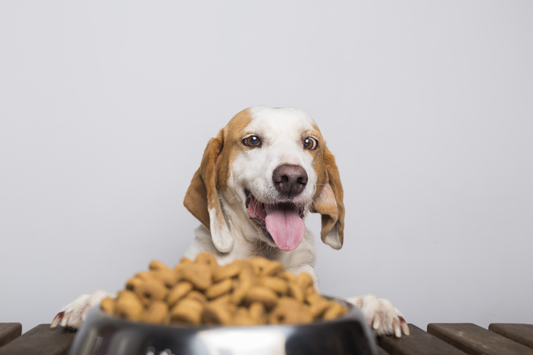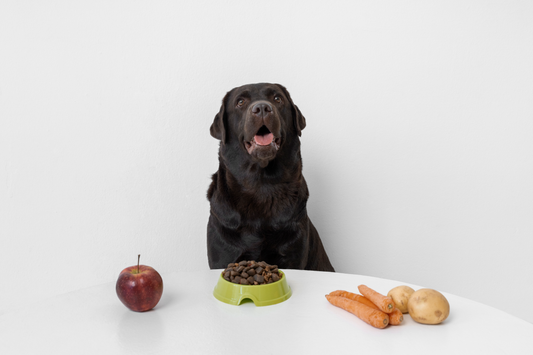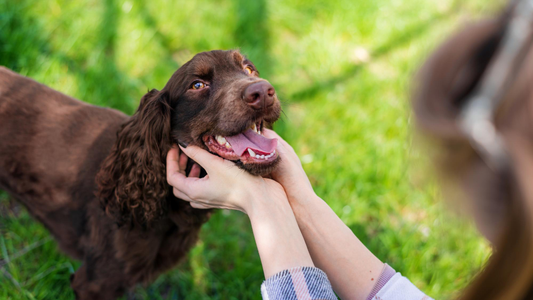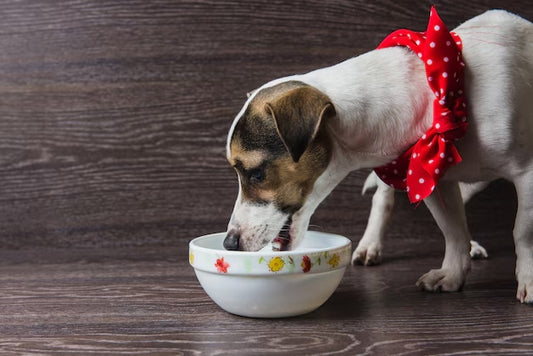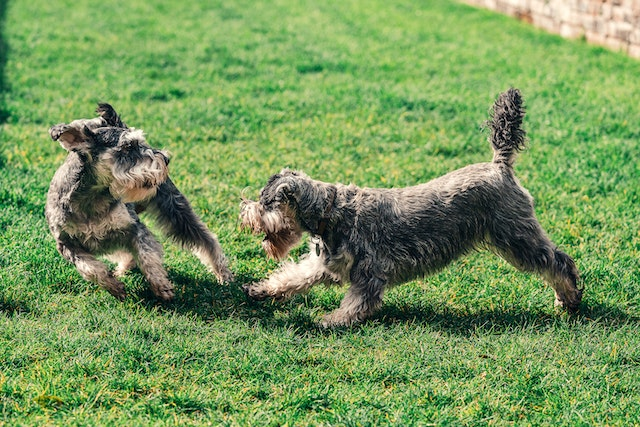
Though all dog breeds mature at a different pace, puppies should not chew bones till they are at least four to six months old. Puppy teeth are fragile and sharper than adult teeth. Bones can damage their teeth and increase the risk of choking if they are given bones before four months.
Are you a new puppy parent? Do you often find your shoes in the corner being chewed up and are contemplating introducing the chew bones for puppies?
Say no more!
We are here to guide you about when you can give your puppy bones to chew on, things to consider while you do so, and the recommended types of bones for puppies.
So, sit back while we take you on the journey of introducing your puppy to bones to chew on safely.
Can Puppies Chew on Bones?

Yes, puppies can, in fact, chew on bones. Chewing on bones can be a fun and engaging activity for puppies.
Chewing is a natural behavior for puppies. It helps them explore their jaw movement, relieves puppy teething discomfort, and satisfies their instinctual urge to chew.
Providing them with bones allows them to engage in this natural behavior safely and appropriately.
Chewing on bones can help promote good dental health in puppies. The gnawing action helps remove plaque and tartar buildup from their teeth, thus reducing the risk of dental issues in puppy teeth, such as gum disease or tooth decay.
It can be a relaxing activity for puppies. Chewing can also serve as a calming and soothing activity for puppies, helping alleviate stress or anxiety.
When Can Puppies Chew On Bones?
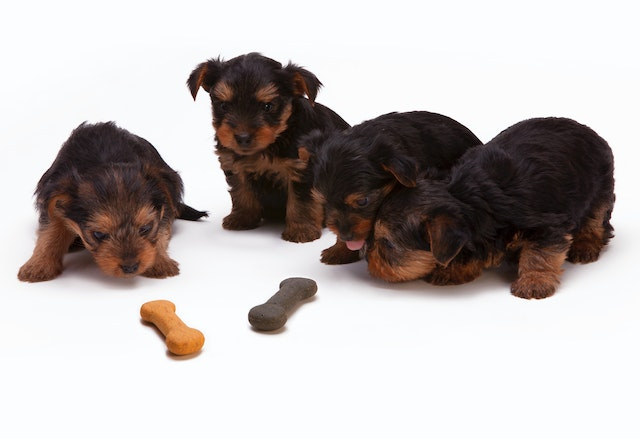
Every dog owner knows their furry friend's innate need to chew. It's a natural instinct that can be satisfied through the age-old tradition of dogs and bones. But when is the right time to introduce your precious puppy to this timeless delight?
As a general rule of thumb, puppies at least 12 weeks old can safely chew on a raw bone. Not only does this provide them with a source of essential calcium, but it also serves as a natural dog's teeth-cleaning mechanism.
However, it's crucial to be mindful of potential health risks, with intestinal blockage being the most common concern. To avoid this, choosing bones that are too large for your pup to swallow whole is recommended. This ensures that they will gnaw on the bone rather than attempting to swallow it.
Moreover, it's important to note that the type of bone you provide matters significantly. Raw bones are the way to go, as cooked bones can become brittle and splintery, thus posing a significant risk to your beloved pet. The cooking process alters the structure of the bone, making it more prone to breaking, which can lead to severe injuries.
By offering your puppy the right-sized raw bone, you provide them with a fun chewing experience and promote dental hygiene.
Chewing on bones should be a part of a well-rounded approach to your puppy's care, including proper nutrition, dental hygiene, and regular veterinary check-ups. By striking the right balance and prioritizing your puppy's safety, you can allow them to indulge in this natural behavior while promoting their overall health and happiness.
So remember, when it comes to bones, choose wisely and prioritize your furry friend's health, safety, and well-being.
Things to Consider When Introducing Bones to Puppies
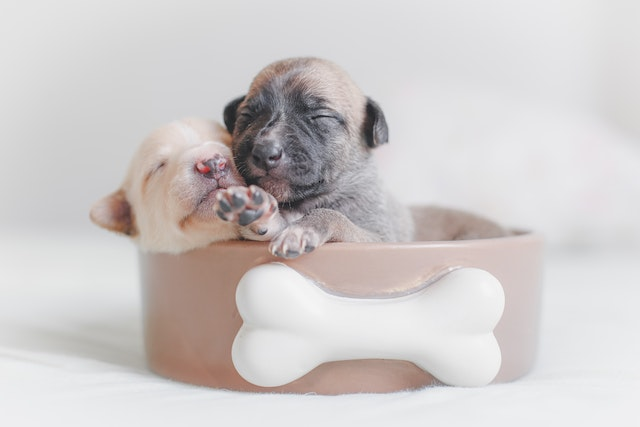
As dog owners, when choosing the best raw bones for puppies, there are a few essential factors to consider. First and foremost, the puppy's raw bones should be larger than the puppy's head to prevent choking hazards. Opting for bones with a size that exceeds the puppy's head ensures that they cannot swallow the bone whole.
Another crucial aspect is the edibility of the bone. Selecting edible bones is preferable, meaning they will crumble and break down as the puppy chews on them. This feature allows for gradual wear and tear of the bone, reducing the risk of large, indigestible fragments that could cause harm or blockages.
Additionally, non-weight-bearing bones are recommended for puppies. These bones resist splintering and are less likely to break into sharp pieces. They provide a safer chewing experience and minimize the risk of injury to the puppy's mouth or digestive system.
Obtaining raw fresh bones from your local butcher is often a reliable option. Butchers can provide bones that are larger than the puppy's head, edible, and non-weight-bearing. They can guide you in selecting the appropriate bones based on your puppy's size and chewing habits.
Remember, choosing the right puppy raw bones for your puppy is crucial to ensure their safety and enjoyment during chewing sessions. By considering the bones' size, edibility, and non-weight-bearing nature, you can provide a satisfying and risk-free chewing experience for your furry friend.
Bones to Avoid

It is crucial to be aware of certain types of bones that should be avoided for puppies. These bones include cooked bones, poultry bones, small bones, hard marrow bones, and frozen bones.
-
Cooked bones
Cooked bones are brittle and prone to breaking and splintering. They can easily fracture into sharp fragments, posing a risk of choking or causing internal injuries. It is essential to steer clear of giving puppies any bones that have been cooked.
-
Poultry bones
Poultry bones, such as chicken or turkey bones, should also be avoided. These bones are small and fragile, making them more likely to splinter when chewed. The splintered fragments can be sharp and cause injuries to the dog's mouth, throat, or digestive system.
-
Small bones
Small bones present a choking hazard for puppies, as they can be easily swallowed whole. To ensure the puppy's safety, it is best to avoid giving them bones that are small enough to fit entirely into their mouth.
-
Hard marrow bones
Hard marrow bones, such as lamb cutlets or T-bones, can be too tough on a puppy's developing teeth and jaw. Chewing on these hard bones can cause dental fractures or discomfort. Choose bones that are more suitable for a puppy's stage of development.
-
Frozen bones
Frozen bones should be thawed completely before giving them to your puppy. Frozen bones can be tough and may cause damage to the puppy's teeth. It's essential to prioritize your pup's oral health by allowing the bones to thaw fully before offering them.
Avoiding these types of bones can minimize the risks of choking, splintering, dental injuries, and other potential health issues. Always prioritize the safety and well-being of your puppy when selecting bones for them to chew on.
Recommended Types of Bones for Puppies

When giving your puppy a bone, their safety is the top priority. Here are some tips to ensure your pup enjoys their bone safely:
-
Keep an eye on your puppy
Just like when they play with dog chew toys, watching your pup while they chew on a bone is essential. This way, you can quickly step in if there's any risk of choking.
-
Limit chewing time
While it's tempting to let your puppy chew toys like a bone all day, limiting their chewing sessions is best. About 10 to 15 minutes at a time, a few times a week, is a good rule of thumb. This helps prevent any gum bruising or discomfort.
-
Offer alternative distractions
If you need to take the bone away, give your pup some fun dog chew toys to keep them occupied. It helps redirect their attention and keeps them happy even without the bone.
-
Keep it clean
After handling your pup's bone, wash your hands to avoid bacteria. Also, clean the surfaces the bone touches once they're done with it. It's best to discard the bone after three or four days to maintain freshness and reduce the risk of bacterial growth.
By adapting these tips and tricks, you can make sure your puppy has a safe and fun bone-chewing experience. Remember, their health and well-being always come first!
Final Words!

Introducing bones to puppies for chewing can be beneficial and enjoyable but requires careful consideration. Puppies can safely chew on raw bones suitable for their age and size, fulfilling their natural instincts, mental stimulation, and even providing dental health benefits. Just like your adult dogs need chewing bones or dog toys to keep their adult teeth in shape, puppies also need them.
However, choosing the right bones that are larger than their head, edible, and non-weight- bearing is crucial to minimize the risk of choking or injury. Additionally, supervision is necessary to ensure their safety and intervene if needed.
Remember, every puppy is unique, so it's essential to consider their needs and consult your veterinarian for personalized guidance. Following the guidelines outlined in this blog and considering your puppy's well-being, you can provide them with a safe and engaging chewing experience.
